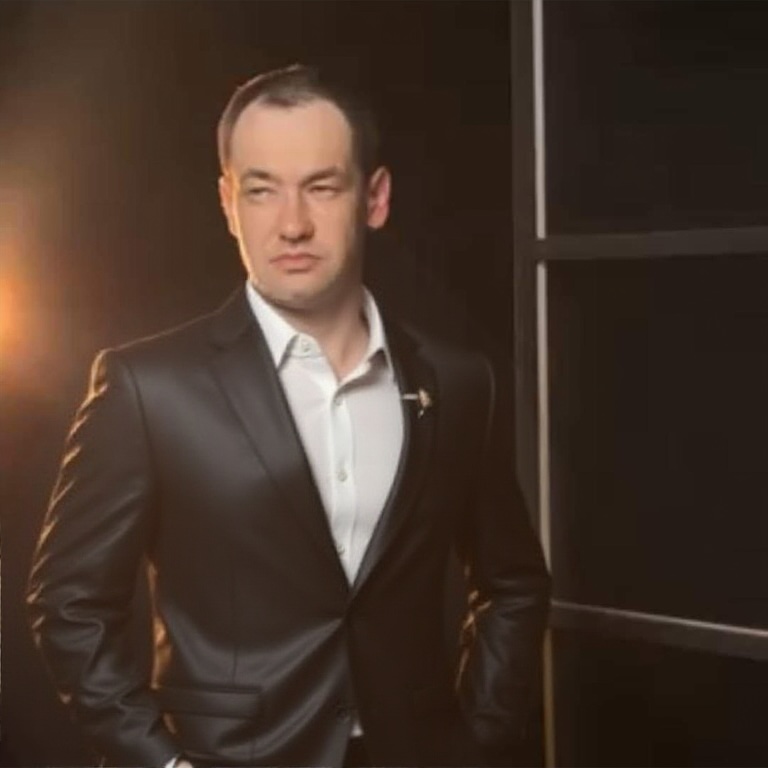Vorgangspassiv vs Zustandspassiv: Process or State?
“Grammar doesn’t only tell us what happens — it tells us what remains.”
- Тимур Левитин
Most learners of German are told that “Passive Voice = werden + Participle II.” That is only half the truth. German actually distinguishes two different passives:
- Vorgangspassiv (werden-Passiv): describes the process or event itself.
- Zustandspassiv (sein-Passiv): describes the state that results from the process.
Understanding this difference is essential not just for exams, but for translation, for legal texts, and for real communication.
Vorgangspassiv (Process Passive)
- Das Auto wird repariert.
The car is being repaired. (focus on the repair as an event) - Das Auto wurde repariert.
The car was repaired. (the process happened) - Das Auto ist repariert worden.
The car has been repaired. (completed process, reported as event)
Zustandspassiv (State Passive)
- Das Auto ist repariert.
The car is repaired / in a repaired state. (focus on the condition, not the event) - Das Auto war repariert.
The car was repaired / stood repaired. (condition in the past) - Das Auto ist repariert gewesen.
The car had been in a repaired state. (rare, but possible in formal writing)
Why does this matter?
- In English, Russian and Ukrainian the difference often disappears:
- Английский язык: The car was repaired.
- Russian: «Машина отремонтирована» / «Машину отремонтировали.»
- Ukrainian: «Автомобіль відремонтований» / «Автомобіль відремонтували.»
- German forces you to choose between event (Vorgang) and state (Zustand).
For translators, this is critical: the wrong passive can change the meaning. In contracts, reports, or legal documents, precision is everything.
Cross-language traps
- Es ist entschieden. = “It is decided” (state).
- Es wird entschieden. = “It is being decided / will be decided” (process).
Both translate similarly into English, but in German they show whether the action is ongoing or completed.
Survival strategies
- If you are not sure which form to use in conversation → default to Vorgangspassiv (werden). It is safer and more frequent.
- In writing, especially academic or legal → master Zustandspassiv. It signals completion and status.

Series navigation
- Part 1: The Myth of Three Passive Forms
- Part 2: Vorgangspassiv vs Zustandspassiv (this page)
- Part 3: Passive with Modal Verbs — the Infinitive Monster
- Part 4: All Tenses in Full — from Präsens to Futur II
- Part 5: Recipient Passive — bekommen/kriegen
- Part 6: Impersonal Passive — agentless style
- Part 7: Passive in Konjunktiv I/II
- Part 8: Passive in exams and academic writing
- Part 9: Translation Lab: German Passive across Languages
- Part 10: Survival Passive — how to rewrite when the “monster” appears
Author & School
© Author: Тимур Левитин — Founder & Head Teacher.
- German study page (international)
- German page (USA site)
- Main site: Levitin Language School
- US site: Start Language School by Tymur Levitin
- Выберите язык
























